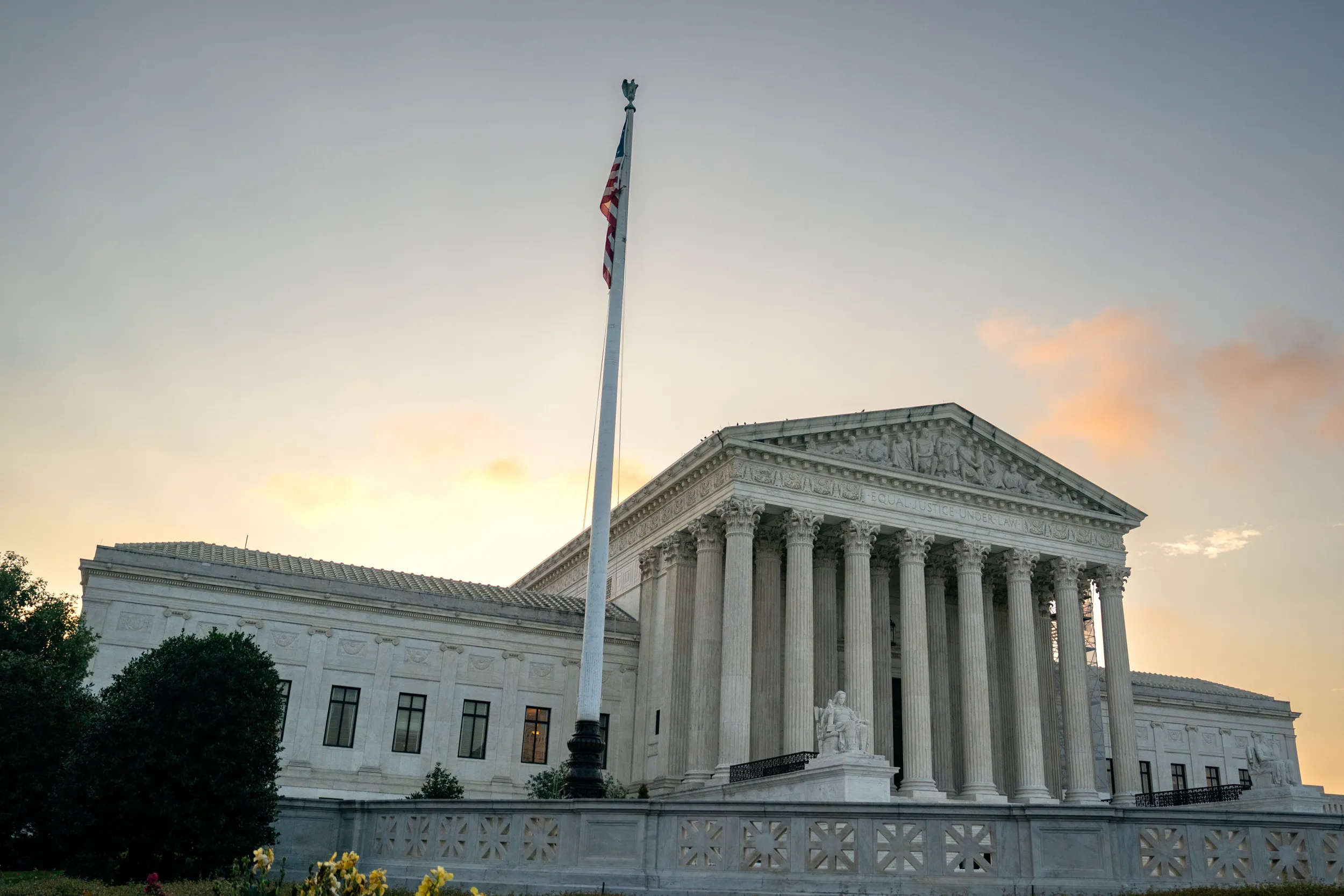Supreme Court Decision on Texas Abortion Law

Supreme Court Upholds Texas Abortion Law
The Supreme Court on Monday let stand a decision that bars emergency abortions that violate the law in Texas. The justices rejected an appeal from the Biden administration, thus leaving in place an order from a lower court that said hospitals cannot be forced to perform pregnancy terminations that would break the law in Texas. The Biden administration had previously urged the Supreme Court to overturn the lower court ruling, arguing that federal law requires hospitals to provide abortions in emergency situations.
Implications of the Ruling
The administration referenced a recent Supreme Court decision in Idaho, where justices narrowly allowed emergency abortions to proceed while legal challenges played out. Additionally, the Biden administration also referenced a Texas Supreme Court ruling which clarified that doctors are not required to wait until a woman's life is in immediate danger before performing an abortion. This, the administration argued, aligns Texas law with federal regulations, making the lower court's ruling unnecessary.
Concerns from Medical Professionals
- Texas urged the Supreme Court to uphold the lower court's order, arguing that the state's law, unlike Idaho's, includes an exception for the health of a pregnant patient.
- Texas officials maintained that the recent state Supreme Court ruling demonstrates no conflict between Texas law and federal regulations.
- Doctors have raised concerns that the law remains dangerously unclear, noting that the state medical board has refused to define which specific conditions qualify under the health exception.
- Complaints have surged across Texas and other states as pregnant women in medical distress report being turned away from emergency rooms.
- Hospitals are grappling with uncertainty over whether providing standard care could violate increasingly stringent abortion laws.
Conclusion
For years, terminating a pregnancy has been a critical part of medical care for patients facing serious complications, helping to prevent life-threatening issues like sepsis and organ failure.
This article was prepared using information from open sources in accordance with the principles of Ethical Policy. The editorial team is not responsible for absolute accuracy, as it relies on data from the sources referenced.